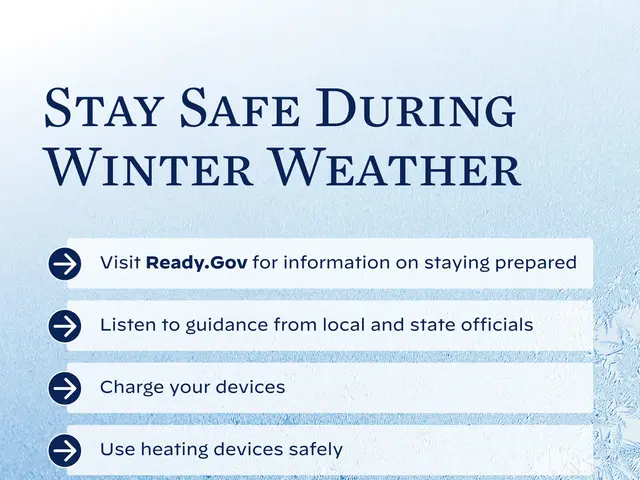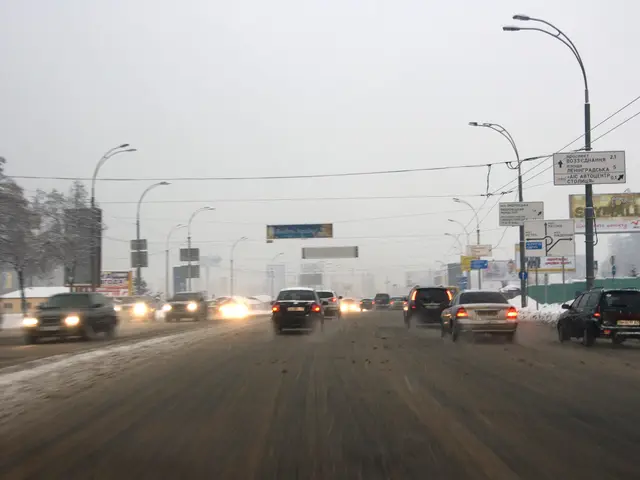Weathering the Storm: Paris Bolsters City Defenses Against Scorching Heatwaves Reaching 50°C
Paris commits substantial funds towards heatwave defense, reaching up to an intense 50-degree mark
Paris, bracing for extreme heatwaves of up to 50°C in the future, is determined to overhaul its urban landscape and public spaces. Hundreds of millions of euros will be invested in shady green spaces, improved insulation for buildings, and water-cooling fountains, as the city's administration expedites these projects in the face of the rising probability of lengthy heatwaves.
City official Dan Lert, Paris' deputy mayor for ecology and energy, acknowledged the urgency, stating Paris, with its heavy construction and vast amounts of stone and asphalt surfaces, holds a high risk of heat-related casualties among European cities. To safeguard the city's livability, the metropolis must adapt to future climatic conditions, modifying both its urban environment and lifestyles.
Heat protection is no luxury; it's a necessity.
Paris intends to adopt a multi-pronged approach, incorporating regulatory measures, workplace adjustments, and urban planning strategies.
Regulatory Measures and Workplace Adjustments
Employers will now be compelled to quantify heat-related risks and implement protective solutions during intense heat episodes. Recommended actions include flexible working hours, longer breaks, and easy access to drinking water for employees. Heat safety rules at work are becoming standard practice, reflecting a broader trend among European cities in shielding vulnerable populations.
Urban Planning and Infrastructure
To mitigate heat, Paris is partaking in large-scale tree-planting campaigns alongside other French cities like Marseille, enhancing shaded areas and lessening the urban heat island effect. Additionally, the city plans to expand the presence of water fountains, misting stations, and cooling shelters, particularly in densely populated neighborhoods.
Upgraded building codes encourage better insulation, greener roofs, and lighter surfaces that reflect heat. Paris intends to implement these changes to better cope with the surging heat. Enhanced monitoring systems and emergency health services are also in place to promptly respond during severe heat events.
Expanding Horizons
Paris' endeavors are part of a broader European and global movement to adapt urban areas to hotter summers and more frequent heatwaves, as underscored by recent scientific reports and government policies. Although a 50°C heatwave within Paris remains an unlikely near-term scenario, current measures aim to fortify resilience and public safety across a range of extreme temperatures.
In essence, these measures are designed to convert Paris into a safer and more comfortable urban sanctuary during increasingly frequent and severe heatwaves.
References:
- ntv.de, dpa
- European Commission
- Intergovernmental Panel on Climate Change (IPCC)
- France Stratégie
- Urban Climate Action Network (UCAN)
The Commission, in response to the urgent need for protective measures, has also been asked to submit a proposal for a directive on the protection of workers from the risks related to exposure to ionizing radiation in the context of climate change and increasing heatwaves.
Paris' ongoing and comprehensive urban planning strategies to address the challenges of extreme heat also encompass the integration of environmental-science principles and advancements in technology, contributing to a more sustainable and adaptive city, benefiting not just its citizens but also science and the environment in the long run.







